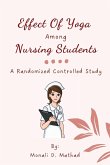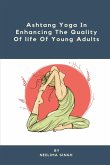The well-being or "Quality of Life" of a population is an important concern in economics and political science. It is measured by many social and economic factors. A large part is the standard of living, the amount of money and access to goods and services that a person has; these numbers are fairly easily measured. Others like freedom, happiness, art, environmental health, and innovation are far harder to measure. This has created an inevitable imbalance as programs and policies are created to fit the easily available economic measures ignoring the others that are very difficult to assess. Debate on "Quality of Life" is millennia-old, with Aristotle (384 - 322 BC) giving it much thought in his 'Nicomachean Ethics' and eventually settling on the notion of eudaimonia, a Greek term often translated as happiness, as central. The neologism liveability (or livability), from the adjective liv(e)able, is an abstract noun now often applied to the built environment or a town or city, meaning its contribution to the "Quality of Life" of inhabitants. Scientific and technologi.







